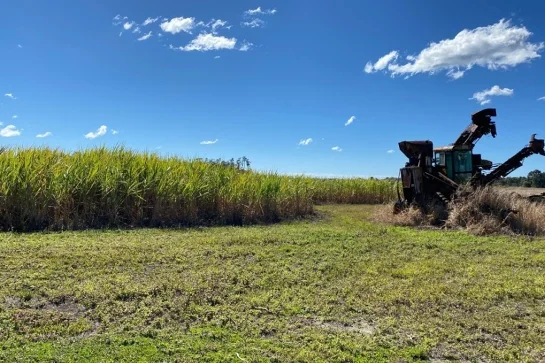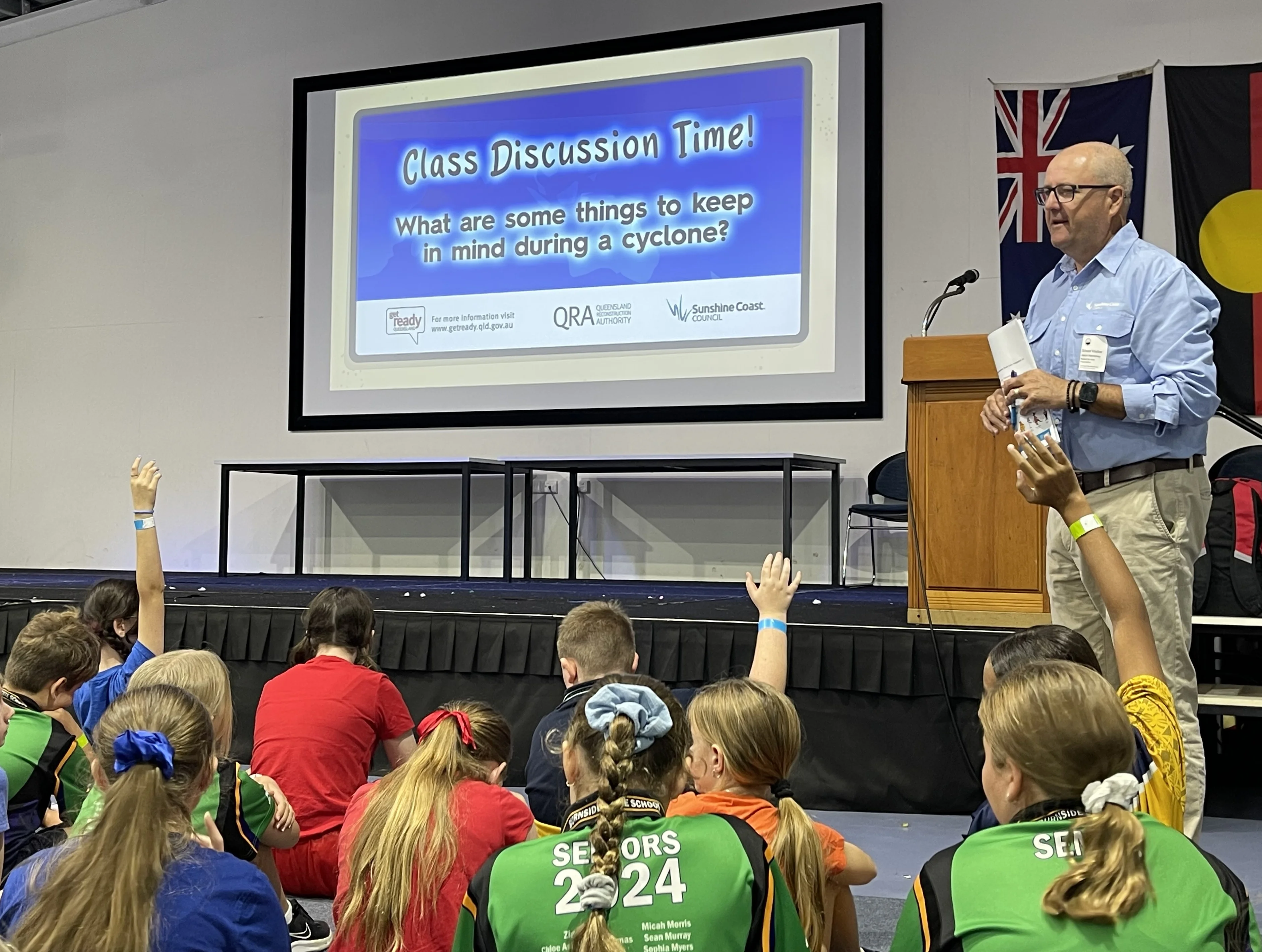On Wednesday, late in the election campaign and after millions had already voted, the Morrison government announced a savage $3.3b cut to the federal public service.
This $3.3b would be the largest public service cut in more than a decade.
Analysis by the CPSU shows that these cuts would hit regional Australia hard – costing 750 jobs and ripping nearly $170m in lost wages out of regional economies over four years.
The cuts would also impact on services, with Services Australia (Centrelink) and DVA particularly affected.
Since coming to office in 2013 the Coalition has talked about decentralising APS jobs but their actual track record is the opposite, with a 623 reduction in regional jobs. And these latest cuts will add to the losses.
Quotes attributable to CPSU National Secretary, Melissa Donnelly:
“The latest announcement of massive cuts shows that the Morrison Government has not learned from the pandemic, floods and bushfires – Australians need a public service that can meet the day-to-day challenges of service delivery, and be ready for the next crisis.
“Given all the challenges the nation is facing we need a bigger public service not more cuts.
“The cuts announced this week are on top of the last budget’s 9.4% cut in Services Australia jobs which will have a disproportionate impact on APS regional employment.
“The latest cuts will cost regional communities 750 jobs and rip nearly $170m out of regional economies in lost wages.
“That is $170m being pulled out of local businesses, and that will have wider flow on effects to the private sector. When so many businesses are struggling, the last thing they need is millions of dollars ripped out of their local economy.
“The regional communities devastated by floods and fires, and the impacted by the pandemic, know that the federal government has been late and slow to help. And they know that they need a public service with more capacity to help in tough times.
“These cuts would make it harder to prepare for and respond to natural disasters, and that makes regional communities less safe.”








